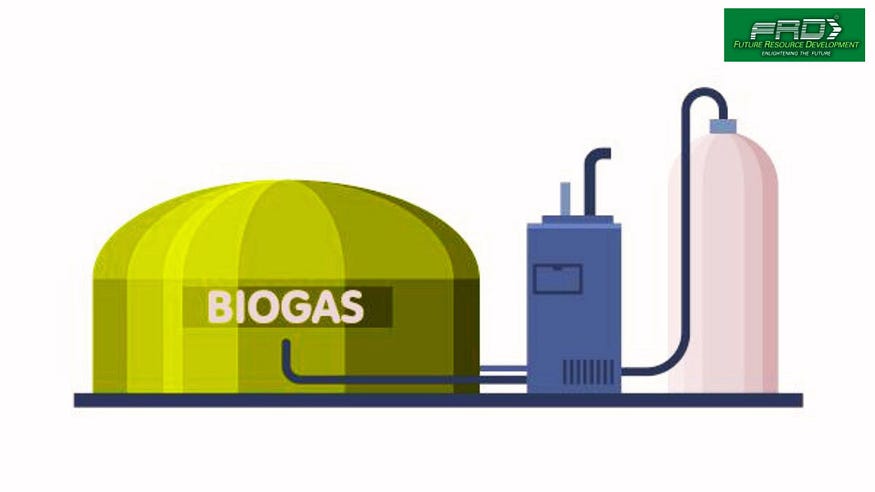Biogas in Kerala: Biogas and Biodigesters Explained

The rising emphasis on sustainability has made biogas in Kerala a significant topic of interest. As the state continues to adopt eco-friendly solutions, biogas serves as a key player in addressing energy needs and managing organic waste. At the heart of this innovation are biodigesters, the primary systems used to produce biogas efficiently.
What is Biogas?
Biogas is a clean, renewable energy source generated through the anaerobic digestion of organic materials like food scraps, agricultural residues, and animal manure. The process takes place in an oxygen-free environment, releasing a mixture of methane and carbon dioxide that can be used for cooking, electricity generation, and more.
The Role of Biodigesters
A biodigester is a sealed system where the biogas production process occurs. Waste is fed into the biodigester, broken down by microorganisms, and converted into biogas. The residue left behind, known as digestate, is a natural fertilizer that enhances soil quality.
The Growing Need for Biogas in Kerala
Kerala generates significant amounts of organic waste daily, from household kitchens to agricultural fields. Utilizing this waste to produce biogas has several advantages:
- Waste Management: Biodigesters help reduce the organic waste sent to landfills.
- Renewable Energy Production: Biogas offers an alternative to traditional fossil fuels.
- Economic Benefits: It reduces the dependency on costly LPG cylinders, cutting household expenses.
Types of Biodigesters Used for Biogas in Kerala
- Household Biodigesters: Perfect for small-scale use, converting kitchen waste into biogas for cooking.
- Community Biodigesters: Suitable for neighborhoods or villages, managing larger waste volumes.
- Industrial Biodigesters: Ideal for agricultural or food processing industries to recycle their organic waste.
Advantages of Biogas in Kerala
- Environmental Benefits: Reduces methane emissions from decaying waste and minimizes Kerala’s carbon footprint.
- Cost-Effectiveness: Once installed, biodigesters provide free or low-cost energy for years.
- Agricultural Support: Digestate from biodigesters enriches soil, increasing crop productivity.
Challenges and Opportunities
Although biogas adoption in Kerala has seen growth, challenges such as installation costs, limited awareness, and technical maintenance persist. However, the government and local bodies are introducing subsidies, training programs, and workshops to overcome these barriers.
Future of Biogas in Kerala
With Kerala’s focus on sustainability, biogas is emerging as a promising solution. Several government projects and private ventures are promoting biogas in Kerala as a cleaner energy option. Expanding the use of biodigesters and educating communities about their benefits can make biogas a cornerstone of the state’s green initiatives.
By adopting biogas technology, Kerala can continue to lead the way in sustainable living, turning waste into a valuable resource and contributing to a greener future.

Comments
Post a Comment